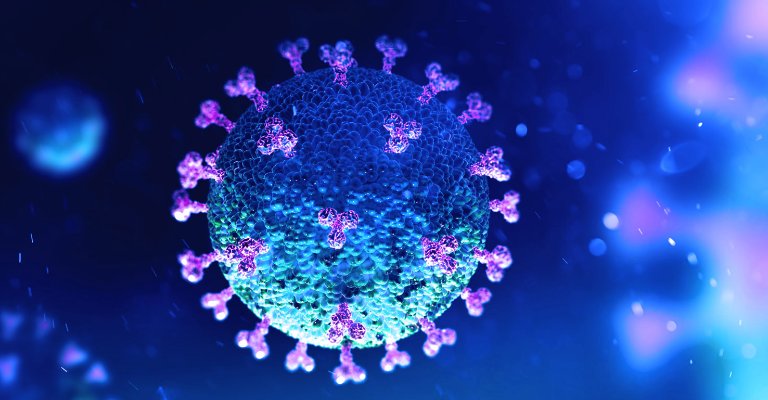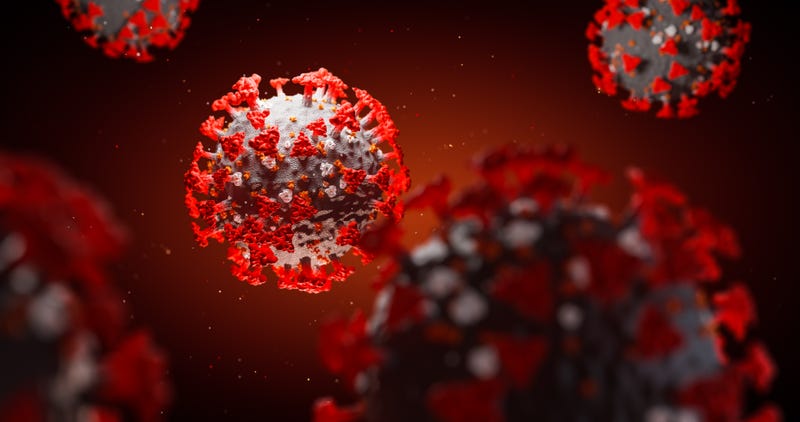
COVID-19 Fear: Is there an antidote?
As the current pandemic progresses, our minds are rudely seized by a sense of helplessness and fear. The pandemic of fear is spreading faster than the virus itself. From insomnia to severe anxiety, the manifestation of fear is evident. With every new notification of a virus update on my computer comes the feeling of impending doom and my heart skips a beat! The level of fear we are currently witnessing is unprecedented. We are fearful regarding the health of ourselves and our loved ones, terrified of the economic recession and, in fact, even scared of each other.
Read more
COVID-19 Fear: Is there an antidote? Part 2.
There is a part of the brain called anterior cingulate cortex (ACC). As Dr. Jacek Debiec, MD, PHD, psychiatrist and researcher notes, "When you watch another person express fear your ACC lights up. Studies in animals confirmed that the message about another's fear travels from ACC to amygdala ( part of the brain that detects threat). Hence making sense why fear is contagious." Fear contagion happens unconsciously; therefore, fear contagion is not under voluntary control. When you see someone frantically buy a bulk of toilet paper, due to the fear of scarcity, you may do the same. Being surrounded by calm people, limiting your exposure to news, and limiting your time on social media are some of the strategies to avoid fear contagion.
Read more
Food and mood
Considering just how many people in the world live with mental health conditions, you probably already know some of the devastating effects it can have — after all, depression alone affects over 264 million people worldwide,
The truth is, while antidepressants and other medications and therapy options can be helpful — even lifesaving — many of us are unaware of how everyday lifestyle choices can have a major impact on our moods and mental health, as well.
Read more
Perimenopausal and Menopausal weight gain
Many are familiar with the symptoms of menopause - the hot flashes, night sweats, mood swings and insomnia. But what may be the most bothersome symptom of all is the dreaded weight gain and apparent "pause" in metabolism. After age 30, metabolism starts to slow down, leading to weight gain.
In addition, by age 30 one can potentially lose a half of a pound of muscle per year. By age 50, a woman may lose up to one pound of muscle per year. This loss leads to a halted metabolism and a potential weight gain of 1.5 pounds per year starting at age 50, according to a review in the Mayo Clinic Proceedings.
Read more